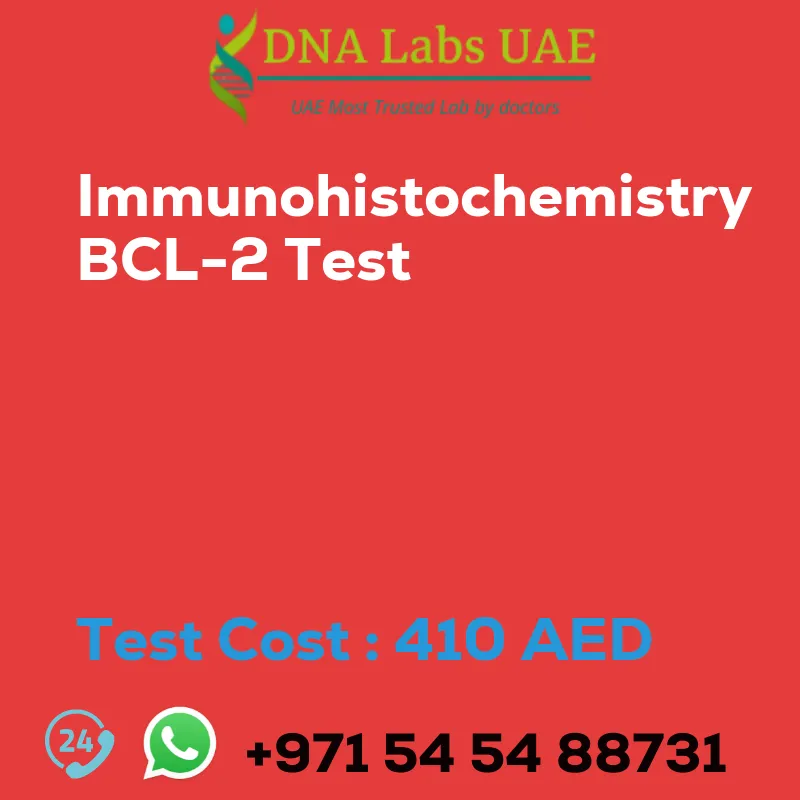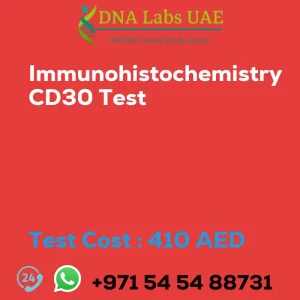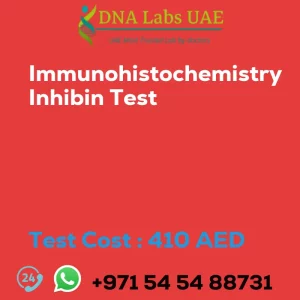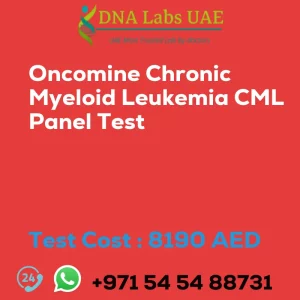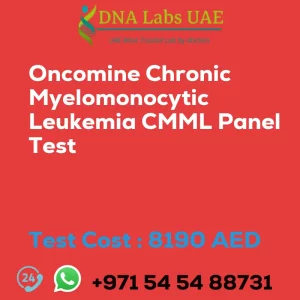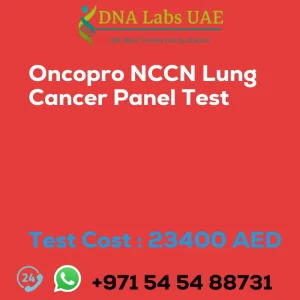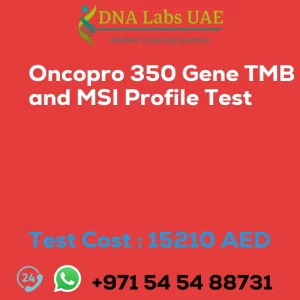IMMUNOHISTOCHEMISTRY BCL-2 Test
Cost: AED 410.0
Test Components
- Price: 410.0 AED
Sample Condition
Submit tumor tissue in 10% Formal-saline OR Formalin fixed paraffin embedded block. Ship at room temperature. Provide a copy of the Histopathology report, Site of biopsy and Clinical history.
Report Delivery
- Sample: Daily by 6 pm
- Report Block: 5 days
- Tissue Biopsy: 5 days
- Tissue large complex: 7 days
Method
Immunohistochemistry
Test Type
Cancer
Doctor
Oncologist, Pathologist
Test Department
Pre Test Information
Provide a copy of the Histopathology report, Site of biopsy and Clinical history.
Test Details
The BCL-2 test is a type of immunohistochemistry (IHC) test that is used to detect the expression of the B-cell lymphoma 2 (BCL-2) protein in tissue samples. BCL-2 is an important protein involved in regulating cell death (apoptosis), and its overexpression has been associated with various cancers, including lymphomas and certain solid tumors.
The BCL-2 test involves staining tissue sections with specific antibodies that can bind to the BCL-2 protein. These antibodies are usually labeled with a colored or fluorescent marker, which allows for visualization of the protein within the tissue sample under a microscope. The test is typically performed on formalin-fixed, paraffin-embedded tissue samples, which are commonly obtained through biopsies or surgical resections.
The tissue sections are cut onto glass slides and then subjected to a series of steps, including deparaffinization, antigen retrieval, blocking of non-specific binding sites, and incubation with the primary antibody against BCL-2. After incubation, the tissue sections are washed to remove any unbound antibodies, and a secondary antibody is applied to amplify the signal. Finally, the slides are examined under a microscope to evaluate the presence and distribution of BCL-2 protein expression.
The BCL-2 test is useful in several clinical scenarios. In lymphomas, it can help determine the type and prognosis of the disease. BCL-2 overexpression in follicular lymphoma, for example, is associated with a more indolent course and better response to certain treatments. In addition, the test can be used to assess the response to therapy in certain cancers, as BCL-2 expression levels may change with treatment.
Overall, the BCL-2 immunohistochemistry test provides valuable information about the expression of the BCL-2 protein in tissue samples, which can aid in the diagnosis, prognosis, and treatment decisions for various types of cancers.
| Test Name | IMMUNOHISTOCHEMISTRY BCL-2 Test |
|---|---|
| Components | |
| Price | 410.0 AED |
| Sample Condition | Submit tumor tissue in 10% Formal-saline OR Formalin fixed paraffin embedded block. Ship at room temperature. Provide a copy of the Histopathology report, Site of biopsy and Clinical history. |
| Report Delivery | Sample Daily by 6 pm; Report Block : 5 days Tissue Biopsy : 5 days Tissue large complex : 7 days |
| Method | Immunohistochemistry |
| Test type | Cancer |
| Doctor | Oncologist, Pathologist |
| Test Department: | |
| Pre Test Information | Provide a copy of the Histopathology report, Site of biopsy and Clinical history. |
| Test Details |
The BCL-2 test is a type of immunohistochemistry (IHC) test that is used to detect the expression of the B-cell lymphoma 2 (BCL-2) protein in tissue samples. BCL-2 is an important protein involved in regulating cell death (apoptosis), and its overexpression has been associated with various cancers, including lymphomas and certain solid tumors. The BCL-2 test involves staining tissue sections with specific antibodies that can bind to the BCL-2 protein. These antibodies are usually labeled with a colored or fluorescent marker, which allows for visualization of the protein within the tissue sample under a microscope. The test is typically performed on formalin-fixed, paraffin-embedded tissue samples, which are commonly obtained through biopsies or surgical resections. The tissue sections are cut onto glass slides and then subjected to a series of steps, including deparaffinization, antigen retrieval, blocking of non-specific binding sites, and incubation with the primary antibody against BCL-2. After incubation, the tissue sections are washed to remove any unbound antibodies, and a secondary antibody is applied to amplify the signal. Finally, the slides are examined under a microscope to evaluate the presence and distribution of BCL-2 protein expression. The BCL-2 test is useful in several clinical scenarios. In lymphomas, it can help determine the type and prognosis of the disease. BCL-2 overexpression in follicular lymphoma, for example, is associated with a more indolent course and better response to certain treatments. In addition, the test can be used to assess the response to therapy in certain cancers, as BCL-2 expression levels may change with treatment. Overall, the BCL-2 immunohistochemistry test provides valuable information about the expression of the BCL-2 protein in tissue samples, which can aid in the diagnosis, prognosis, and treatment decisions for various types of cancers. |

